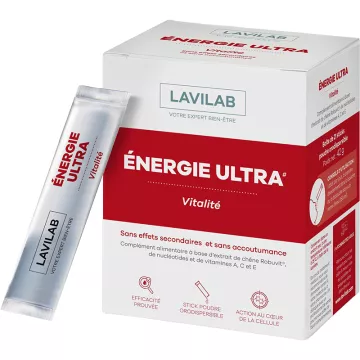
Vitamins play a crucial role in maintaining health and well-being. They contribute to a variety of essential bodily functions, including regulating metabolism, protecting against disease and maintaining healthy skin and vision. For example, vitamin C is renowned for its antioxidant effect, while vitamin D is essential for calcium absorption and bone health.
Fruits and vegetables are exceptional food sources of vitamins. Citrus fruits such as oranges and lemons are rich in vitamin C, while carrots and spinach provide good quantities of vitamin A. For vitamin D, choose dairy products, eggs and certain fish such as salmon. Wholegrain cereals and nuts are also valuable sources of B vitamins.
Vitamin deficiencies can lead to a variety of health problems. For example, vitamin D deficiency can lead to osteoporosis, while vitamin C deficiency can cause scurvy, characterized by weakness, bleeding gums and bruising. A balanced diet is essential to avoid these deficiencies.
Although most vitamins can be obtained through a balanced diet, some people may require supplements to meet their specific needs. This may include people with dietary restrictions, such as vegetarians, or those living in areas with little sunlight for vitamin D synthesis.
Vitamins play a significant role in strengthening the immune system. Vitamin C is particularly important in preventing infection, while vitamin E helps protect cells against oxidative damage. An adequate intake of vitamins is therefore essential for maintaining robust immunity.
Yes, some vitamins have a beneficial impact on skin health. Vitamin A contributes to cell regeneration and can help combat acne and skin aging. Vitamin C is also known for its role in collagen production, essential for firm, elastic skin.
Research suggests a link between vitamin intake and mental health. B vitamins, in particular, play a role in mood regulation and can help prevent disorders such as depression. A vitamin-rich diet can therefore contribute to better mental health.
Although vitamins are essential for good health, taking too many can have undesirable effects. For example, an overdose of vitamin A can cause symptoms of toxicity, while an excessive intake of **vitamin
As we age, our vitamin requirements may change. For example, older people may require more vitamin D due to less sun exposure and a reduced ability of the skin to synthesize it. Similarly, vitamin B12 is often recommended for the elderly to support nervous and cognitive health.
Vitamins can support weight management by contributing to an efficient metabolism. Vitamin B12, in particular, is essential for the conversion of fats and proteins into energy. A deficiency in certain vitamins can slow metabolism, making weight management more difficult.
Yes, some vitamins play a crucial role in fighting fatigue. For example, B vitamins (notably B12 and B6) are essential for energy production at cellular level, and can help reduce feelings of fatigue and exhaustion. A diet rich in these vitamins, often found in green vegetables, whole grains and meats, is beneficial for maintaining optimal energy levels.
Vitamins play a significant role in hair and nail health. Vitamin A, for example, promotes healthy hair growth, while biotin (vitamin B7) is often associated with strong hair and nails. In addition, vitamin E helps protect hair cells from free radical damage, supporting hair health and shine.
Although water-soluble vitamins, such as C and B, are generally more easily eliminated by the body, excessive consumption can still pose risks. For example, too much vitamin C can lead to stomach upsets and kidney stones. It is therefore advisable not to exceed the recommended daily intake.
Yes, prenatal vitamins are specially formulated to meet the needs of pregnant women. They generally contain more iron and folic acid, essential for fetal development and the prevention of birth defects. These vitamins are crucial during pregnancy and are different from regular multivitamins, which are designed to meet general nutritional needs.
Vitamins can have a significant impact on cardiovascular health. For example, vitamin E has antioxidant properties that can help protect against blood vessel damage. In addition, vitamin B12 and folic acid help regulate blood levels of homocysteine, an amino acid linked to an increased risk of cardiovascular disease. A diet rich in these vitamins is therefore beneficial for heart health.